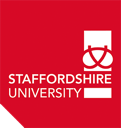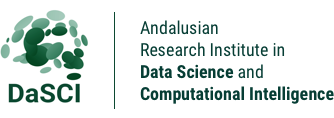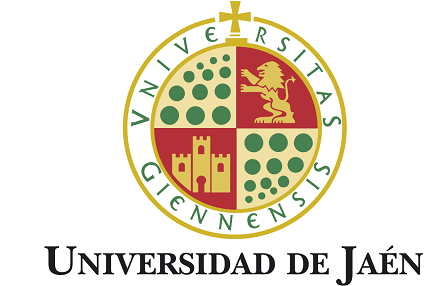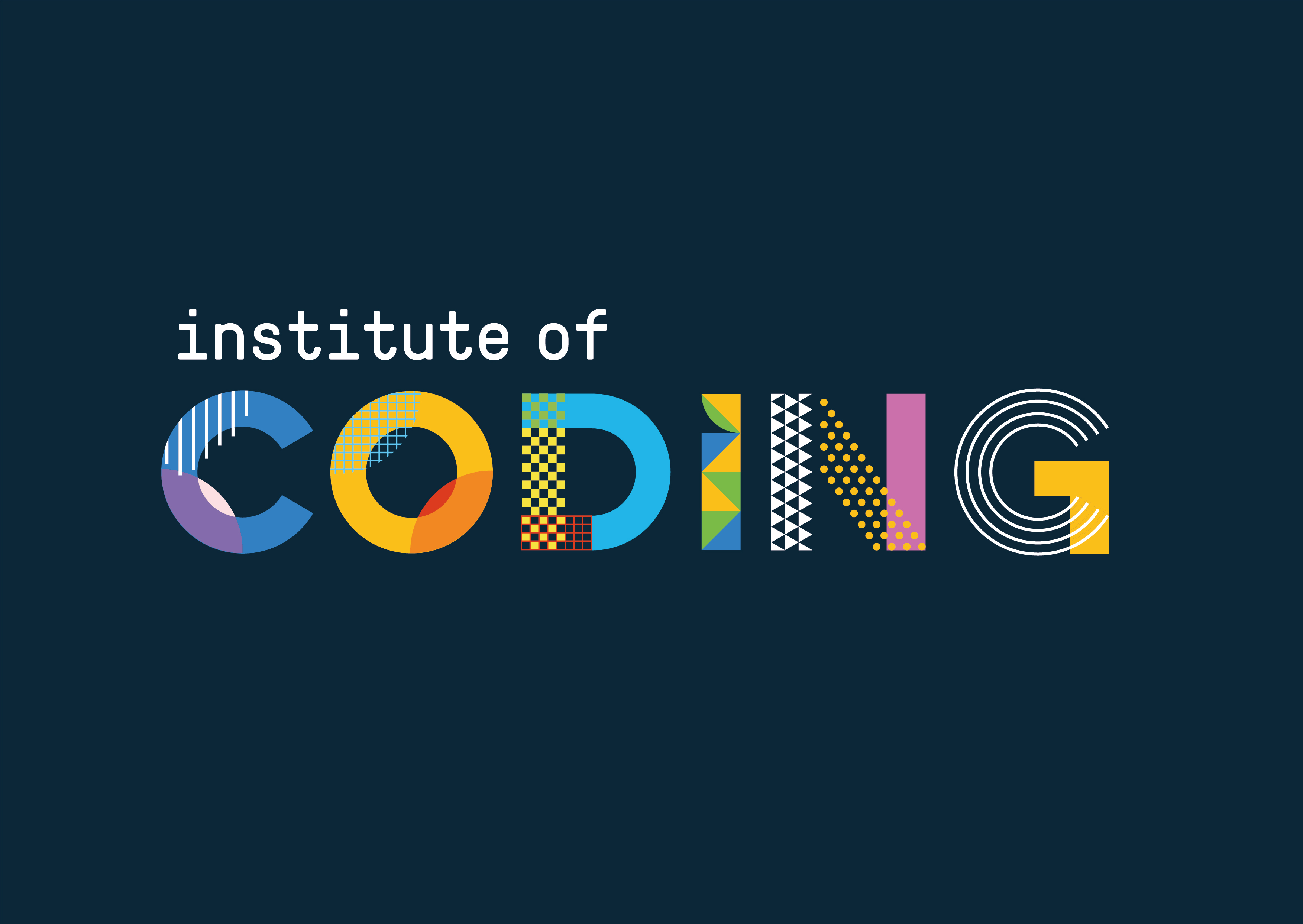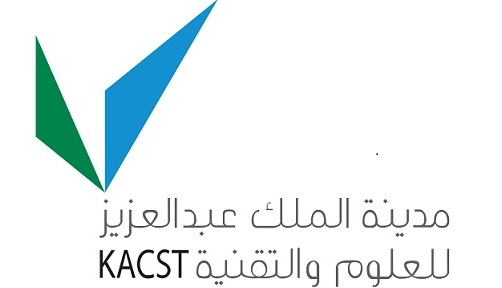Digitizing Architectural Restoration Education through Virtual Reality
Digitizing Architectural Restoration Education through Virtual Reality
Project Team:
Yasin Ortakci, Karabuk University (Karabuk, Turkey)
Lucio Tommaso De Paolis, Universita del Salento (Lecce, Italy)
Huseyin Seker, Birmingham City University (Birmingham, UK)
Project Aim:
The aim of the project is to develop an artificial intelligence and data analytics-driven virtual reality platform to digitize architectural restoration education. The project has been funded by EU Erasmus+ as a part of Erasmus+ funding scheme “KA2 - Cooperation for Innovation and the Exchange of Good Practices” (“KA226 - Partnerships for Digital Education Readiness” programme). This 24-month project will be carried out in partnership with Karabuk University (Turkey) (Project Lead) and UNIVERSITA DEL SALENTO (Italy; Project Partner).





